Stephenie Meyer
Known For: "The Twilight Saga."
Big Number: More than 63 million copies sold since 2008.
Meyer learned a very valuable lesson after reading an early script for
Twilight that featured guns, nightvision goggles and speedboat chases:
Set ground rules before signing away your rights. Meyer is grateful the
Paramount/MTV Films project ultimately didn’t get made. When the rights
reverted to her, she thought, “OK, I’m taking this home, and no one’s
ever touching it again.” But a call from Summit’s Erik Feig (since named
Lionsgate’s president of production)
changed everything in 2007. “He said, ‘Please, we’ll do anything,’ and
he let me come up with a rider where I wrote all these things they
couldn’t change,” she recalls. Among the requirements: No film deaths
that didn’t match the books. With The Host, set in a dystopian future
where human bodies have been invaded by aliens, Meyer faces the unique
challenge of penning the novel’s sequel while serving as a producer on
the $44 million adaptation of the original story, directed by Andrew
Niccol (Gattaca). Open Road Films might be hoping to achieve the same
success as Summit’s $2.8 billion-grossing Twilight franchise, but
Meyer’s prediction might disappoint. “I don’t expect anything to be like
Twilight again,” she says. “That was such a weird experience, and to
have everything be so crazy and bizarre, the fanaticism — that’s just
not normal.”
HR: Were you at all scared about how The Host would translate to film?
SM: So many people had a hard time with that. The only three people I
think who weren’t ever worried were me, Nick Wechsler, the producer, and
Andrew Niccol, the director, because we all are like, ‘No, it’s
obvious, totally obvious. You just need to have the most brilliant
actress in the world and you don’t have a problem.’ And we got her, so
we were really lucky. Saoirse [Ronan] is amazing. When you have an
actress of that caliber, especially when not everybody knows who she is
yet, I think she’s going to blow people away. And then you give her this
concept role, it’s like a gift. She just loves to be able to do it and
watching her -- oh my gosh. There’s this one scene that has no music,
it’s a close-up of her face for five minutes and you cannot look away. I
mean, tears streaming down my face the first time I saw it. It was
unreal.
THR: How involved have you been in the casting process?
SM: That was such a collaborative group. Nick brought me in from the
very beginning. He wanted to do the movie and we got together. We kind
of talked about how would you do this, and we both felt comfortable with
it. Then he’s like, ‘What are your favorite science-fiction movies?’ My
number one favorite science-fiction movie is Gattaca. Andrew Niccol was
at the top of the list. I also really liked The Truman Show because
it’s such an odd but cool concept, and Andrew wrote that originally as a
thriller and not a comedy. I’d really love to see that script --
someday, I’m gonna get to read that. [Nick’s] like, ‘Well, Andrew’s
fantastic’ and he’d worked with him before, and Andrew wanted to do it.
He’s never done an adaptation before, so that was really cool.
THR: During your
time working on The Host film, you’re also writing the sequel. How
difficult was it to switch gears between working on the movie and the
next book?
SM: It’s really tough. I mean, it’s such a different kind of creative
expenditure. When you’re working on the movies, it’s very collaborative,
there’s a lot of other people involved, and you sort of put in your two
cents where you can and consult a bit. When you’re writing, it’s all
you all the time and it is interesting to have the actors in the back of
my head and think, ‘Anything that I write down, they may have to
do.’It’s a little bit more challenging to have that distraction.
THR: Now you have a face to put with these characters that is maybe different than what you originally envisioned.
SM: I really try hard not to do that. I kind of have to kick Jake [Able]
and Diane [Kruger] out of my head, and all the rest of them, and go
back to the original look of the characters to help out. I’ll go back
and re-read the first novel to get back into the world. I have to do
that frequently because every time I get pulled away, I have to immerse
myself again and so it’s a slow process to get started writing. It goes a
lot faster if you can just stick to it.
THR: How far are you on the second book?
SM: Not very far. It’s been a really challenging last year. There just hasn’t been a lot of time for writing.
THR: Where do you see the story progressing?
SM: Not having written it doesn't mean you don’t know everything that’s
going to happen. I have very detailed outlines, I do a lot of outlining
to the point where there’s dialogue in my outlines. The outline for this
is about 50 pages long. It gets very in depth. So I know exactly what’s
going to happen, There’s a lot you can do with a science fiction world.
There’s a lot of exploration you can do, so there’s a lot of different
directions.
THR: The first book was a hefty one. How long will the next book be?
SM: I don’t have any idea. It usually surprises me. I always think I’m
going to be able to tell something in a shorter period of time than it
takes me, which I’m sure is a big flaw, but I think it’s gonna be
shorter than the first one.
THR: How many books do you see in the series?
SM: Three. I have a pretty good end arc in mind for it, so hopefully that will happen.
THR: And you’re planning to adapt them all to film?
SM: I think they’d like to keep going. That’s the conversation I’ve had.
I think the biggest hold up is the fact that I’m writing so slow.
Check out the entire interview
here.
Via thehostmoviefans
Source: hollywoodreporter

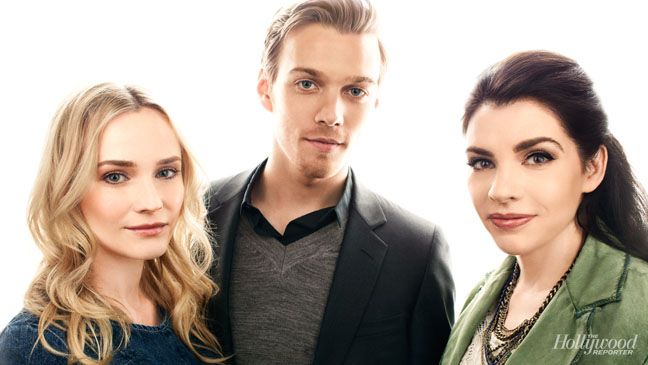
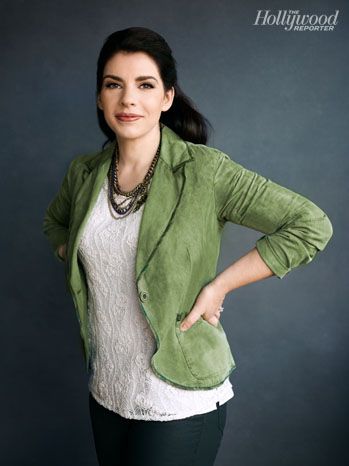
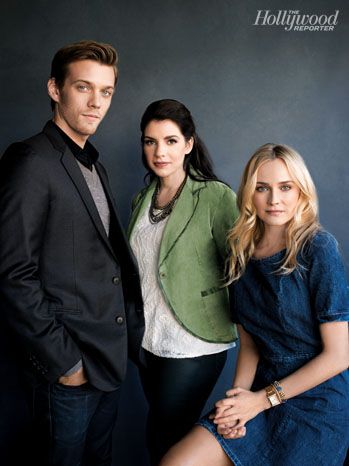
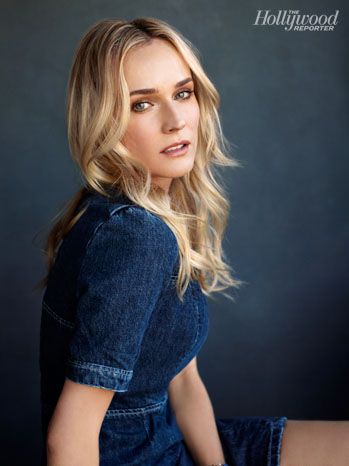
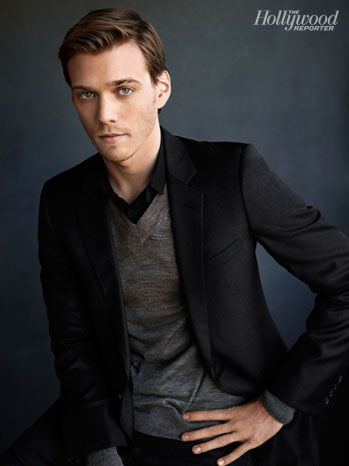
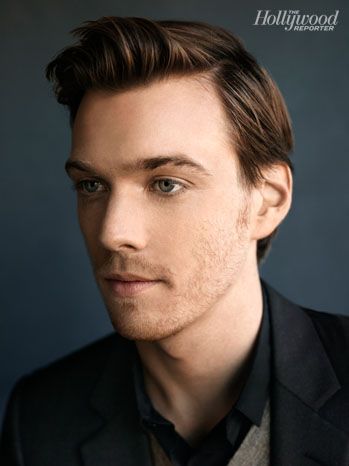
Inga kommentarer:
Skicka en kommentar